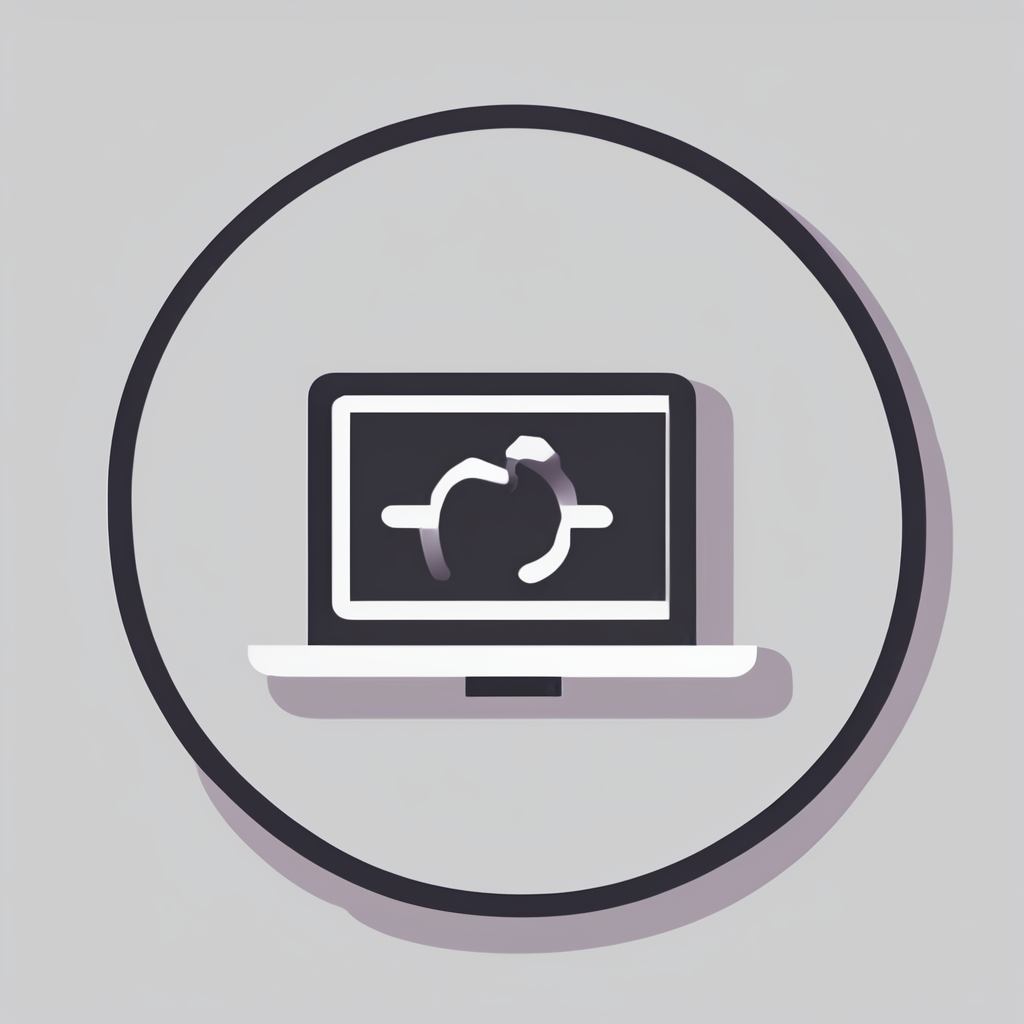Transformative Technologies Shaping UK Education
Exploring the forefront of innovation in learning
In the UK, cutting-edge technology in education is rapidly reshaping teaching and learning environments. Artificial intelligence (AI) now plays a vital role, from personalised learning platforms to intelligent tutoring systems, enabling tailored educational experiences that address individual student needs. Meanwhile, virtual reality (VR) offers immersive simulations that enhance engagement and understanding, particularly in subjects like science and history.
Also to see : How is green technology being integrated into UK computing solutions?
The adoption of emerging technologies in schools has accelerated significantly, driven by government initiatives and increasing digital literacy among educators and students. From primary schools to universities, technology innovation in learning fosters more interactive and flexible education, supporting both in-person and remote setups.
Notable trends transforming classrooms include the integration of AI-powered analytics to track student progress in real-time, adaptive learning software that adjusts complexity based on performance, and VR environments that facilitate experiential learning beyond traditional textbooks. Online learning platforms further democratise access to high-quality resources regardless of geography, expanding educational opportunities throughout the UK.
Have you seen this : How is the UK investing in future computing talent?
Together, these advances reflect a vibrant ecosystem where technology innovation in learning not only enhances academic achievement but also equips students with critical digital skills essential for the future workforce. The UK’s forward-looking education system embraces these transformative tools to deliver more effective and inclusive education nationwide.
Real-world Applications and Examples in UK Classrooms
Digital tools in UK education are reshaping classroom experiences by integrating technology implementation in UK schools at various levels. For instance, AI-powered learning platforms tailored to individual student needs are gaining traction, enabling teachers to identify gaps in understanding and adapt content dynamically. These platforms often use data analytics to enhance learning outcomes and provide personalized feedback, which promotes better engagement.
Virtual Reality (VR) is another innovative technology transforming UK classrooms. VR creates immersive lessons by allowing pupils to explore historical sites, conduct science experiments, or visualize complex structures without leaving the classroom. This technology appeals particularly to visual learners and enhances comprehension by making abstract concepts tangible.
Several UK educational technology case studies illustrate these advances. For example, schools piloting cloud platforms have reported improved collaboration among students and educators. These platforms allow access to resources anywhere, facilitating blended learning and real-time feedback. Initiatives like these demonstrate how schools lead the way in pioneering technology use, providing models for wider adoption.
Overall, UK classrooms are evolving through focused technology implementation, using digital tools in UK education that foster interactive and adaptive learning environments tailored to modern educational needs.
Key Benefits for Students and Teachers
Educational technology benefits both students and teachers by transforming traditional learning environments. For students, technology improves engagement through interactive tools and multimedia content, catering to different learning styles. This approach fosters deeper understanding and retention, effectively enhancing student outcomes.
Technology also supports diverse learners, including those with special educational needs. Features like text-to-speech, adaptable interfaces, and personalized learning paths make education more inclusive. These tools help students overcome challenges, promoting equity in the classroom.
For teachers, technology reduces workload by automating administrative tasks such as grading and attendance tracking. It enables more efficient lesson planning and access to a wealth of digital resources, allowing educators to focus more on instruction and student interaction. Differentiation becomes simpler, as technology facilitates tailored lessons based on individual student needs.
In summary, technology benefits educational settings by boosting student learning, supporting diverse needs, and optimizing teacher workload. This synergy contributes significantly to improved educational outcomes and a more dynamic, responsive classroom experience.
Barriers and Challenges to Technological Transformation
Technology in education obstacles often stem from significant infrastructure disparities across UK regions. Many schools, especially in rural or economically disadvantaged areas, face limited access to high-speed internet and modern devices. This digital divide UK schools experience creates unequal learning environments, hindering consistent adoption of digital tools. Without reliable infrastructure, even the most innovative edtech solutions struggle to integrate effectively.
Additionally, challenges in edtech UK include critical concerns about data privacy and safety. Schools must navigate complex regulations to protect student information while using digital platforms. Ensuring ethical standards is essential to maintain trust among parents, teachers, and students. Balancing technology benefits with safeguarding personal data remains a persistent hurdle.
Another vital barrier is teacher training and readiness for technology integration. Many educators lack sufficient professional development to confidently utilize new tools in their classrooms. This gap in skills and comfort levels slows down effective implementation. Addressing these challenges through comprehensive training programs can empower teachers to embrace technology, transforming learning experiences across UK schools.
Future Outlook: The Evolution of Technology in UK Education
The future of UK education technology promises rapid advancements that will redefine learning experiences. Emerging trends in edtech reveal a move towards more personalized, AI-powered tools that adapt to individual student needs, enabling tailored instruction and timely feedback. This shift is expected to improve engagement and learning outcomes across diverse student populations.
Anticipated innovations include augmented reality (AR) and virtual reality (VR) creating immersive educational environments. These technologies offer hands-on experiences in virtual labs or historical explorations without geographical constraints. Additionally, cloud-based platforms will become increasingly integral for seamless collaboration among students and teachers, supporting hybrid learning models that blend in-person and remote education effectively.
Policy and innovation in UK education will significantly influence technology adoption. The government’s commitment to digital inclusion ensures equitable access to devices and connectivity. Moreover, updated curriculum guidelines are encouraging schools to integrate coding and computational thinking from early years, preparing students for a technology-driven future.
Assessment models will also evolve, incorporating real-time analytics and project-based evaluations rather than relying solely on traditional exams. Such changes align with the broader trend of fostering critical thinking and creativity through technology, setting a foundation for lifelong learning in the UK’s education system.
